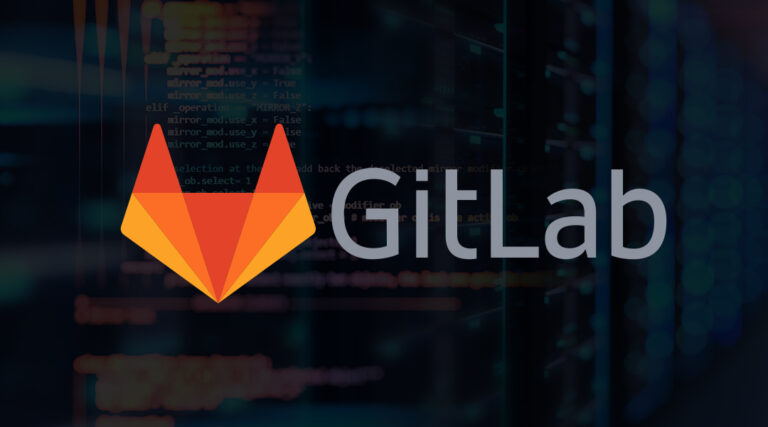
GitLab kicked off its London customer event today by declaring it was a DevSecOps platform for everyone from developers to lawyers – unless you’re an incumbent vendor whose sector it is now targeting.
The CI/CD vendor turned DevSecOps platform singled out monitoring specialist Datadog as one target in a keynote morning that flagged up a raft of new features and integrations it is planning over the coming year. It also debuted v1.0 of its data lifecycle product, Meltano.
In his opening session, CEO and cofounder Sid Sibrandij flagged up its existing partnerships, highlighting HashiCorp, and how GitLab’s integration with Terraform meant it was possible to take best practices from software version control and apply them to infrastructure. He said GitLab would soon deliver an integration with Vault, HashiCorp’s secrets management tool.
He also flagged up the importance of multi cloud setups, and pointed to its partnerships with the key cloud platforms, including Azure. The Microsoft subsidiary of course has its own DevOps tools, as well as being part of the same stable as GitHub, which has been following a similar path of adding in security and workflow as part of building out its platform.
So, perhaps it was not a surprise that it was AWS that got an extra nod from Sibrandij, in the shape of promised support for Amazon Elastic Kubernetes service before the end of this year.
Sibrandij said Kubernetes was key to enabling multi-cloud in the enterprise, “but it needs to be in the hands of developers for lasting results.”
Alongside multicloud and the importance of Kubernetes, Sibrandij highlighted security as a key focus for the firm.
Security teams “need to have access to the same data and information at the same time” as developers, he said, which of course should be via GitLab’s platform.
Director of product development Eric Brinkman flagged up further feature ambitions for GitLab’s platform between now and next July, which would help make GitLab a platform for “everyone” from Devs, and security people, to compliance, legal, and design folks.
On security, he said real time threat detection capabilities are “coming soon”, while fuzzing would soon be a “default part of security testing”. The vendor also plans to include auto-remediation for upstream vulnerabilities.
Alongside this, it’s no surprise it has its eye on monitoring, with Brinkmann declaring “We want Gitlab monitoring to be a complete replacement for Datadog.”
The vendor also used the London event to announce v1.0 of Meltano, its data management lifecycle platform.
Meltano – which stands for model, extract, load, transform, analyze, notebook, orchestrate – was first debuted last year with the aim of marrying “data ops, data engineering, analytics, business intelligence, and data science” to ”software development best practices including version control, CI, CD, and review apps.”
Danielle Morrill, general manager for Meltano, told us the project chains together existing open source tools – currently Stitch, DBT, Apache Air Flow and Jupyter Notebooks. The Meltano team had produced modelling and data visualisation components, but was looking for suitable open source equivalents.
With version one, Meltano can be run end to end, and used from the UI, with no need for the CLI. The product is currently available as a Digital Ocean app.
